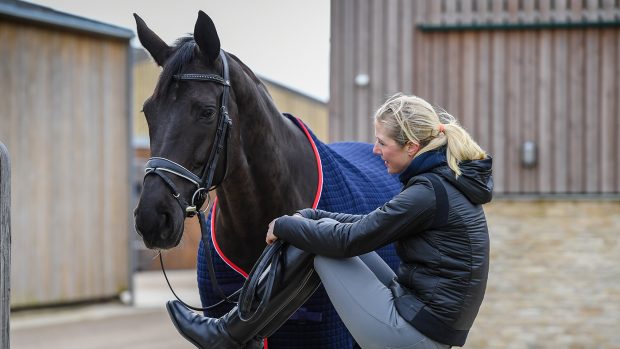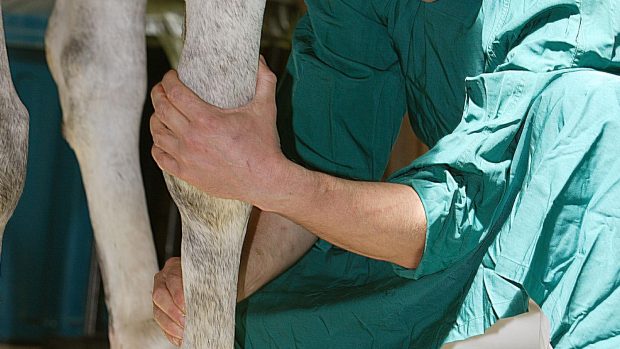The increasing use of social media has undoubted benefits for vets and veterinary practices — but it also has potential pitfalls.
The Royal College of Veterinary Surgeons (RCVS) has recognised the need for more stringent guidelines on the use of Twitter, Facebook and other online forums, and has dedicated a new chapter to the subject in its code of professional conduct for veterinary surgeons and veterinary nurses.
The guidelines state that veterinary surgeons must not disclose information about a client or the client’s animals to a third party without their permission, unless animal welfare or the public interest is compromised.
It also sets out the professional standards expected of veterinary professionals, as well as providing advice on how to protect privacy and dealing with negative comments from clients. Inappropriate behaviour on social media may place a vet’s registration with the RCVS at risk.
Knowing where to draw the line
Laura McClintock, the RCVS’s advisory solicitor, said: “Understanding and applying the new guidance should help vets and nurses to meet their professional responsibilities and reduce the risk of receiving complaints from clients or others, as well as potential civil actions for defamation.”
H&H vet Karen Coumbe, whose practice, Bell Equine, has a Twitter handle (@Bellequine) and a Facebook page, welcomed the new guidelines.
“Social media is an essential and helpful tool for the veterinary profession, but sometimes it can be hard to know exactly where to draw the line. Vets have a duty of care and confidentiality to their clients,”she said.
Helen Gale, who manages Rossdales’ Facebook page, agreed. She told H&H: “We have a large Facebook audience and enjoy hearing from clients whose horses and ponies have been treated by our vets and then go on to do well.
“The page is carefully managed, though. I add posts and reply to messages after discussing the various issues and questions with the relevant vets. This means all messages get a reply and we can keep control of what goes onto the page and how the information is presented.”
Ref: Horse & Hound; 8 January 2015




